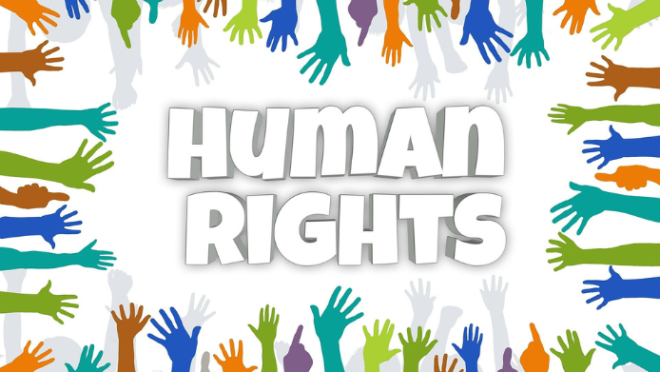Justice delayed, rights denied: The call for accountability this Human Rights Day
Justice delayed, rights denied: The call for accountability this Human Rights Day

The International Human Rights Day is being observed in the country, like elsewhere in the world, today in a befitting manner with the theme ‘Our Rights, Our Future, Right Now.’.
Different organisations and human rights campaigners chalked out elaborate programs marking the day.
On the occasion of The International Human Rights Day, academics and rights activists underscored the need for completing the trial of previous cases of human rights violations and providing justice to all victims who waited for years.
“One of the key conditions to safeguard the human rights in Bangladesh is to conduct the trial of each incident of human rights violation and ensure justice to all the individuals and families whose rights were violated in the last 15 years,” said Dr Samina Luthfa, of Dhaka University.
She said justice must be ensured for the incidents of killing and torturing and in the cases of extreme violation of human rights during the July-August student-led mass uprising.
Samina urged the government not to be influenced by the majority’s opinions while addressing the issues of minorities and marginalised people, but rather to take the views and opinions of everyone irrespective of their religion, caste, and culture into consideration as far as human rights issues are concerned.
Human rights cannot be established until the rights of each religion, each culture, and community and minority groups are protected. The government must have clear statements and initiatives in this regard, she added.
Noted rights activist Nur Khan Liton mentioned how the scenario of human rights in the country has been changed through the July mass uprising.
“Before the uprising, we were shrouded by fear, and thus the stories of torture remained suppressed for 16 years,” he said.
Nur Khan said, “About fifteen hundred people have disappeared in the last 16 years. Among them, some families are yet to find any trace of their beloved one. Some families received dead bodies while the rest remained silent till getting freedom on August 5”.
However, the people finally started sharing the stories plainly as the interim government formed the Enquiry Commission on enforced disappearances, which had been a long-standing demand from the rights activists, he added.
He said, “The country is witnessing another development…we don’t see the news of killings in the name of crossfire in newspapers, though few incidents are happening in the name of mob justice, mostly victimising the supporters of the ousted regime.
“As a right activist, I think the government should conduct an inquiry into each extrajudicial killing that was carried out under the cover of crossfire and other ways during the fascist regime targeting the oppositions and descents,” he added.
Nur Khan also mentioned that the overall practices of human rights in the country have significantly improved after 5 August, except for a few isolated incidents, and hoped that the situation will improve further the way the government is working.
MAYER DAK coordinator Sanjida Islam Tuli emphasised giving equal importance to each case of human rights violation and said, “The government’s effort in addressing the case of human rights violation doesn’t suit victims’ expectations.”
The victims of forced disappearances, torture, and extrajudicial killing by law enforcement agencies and people killed in Shapla Chhattar should get the same importance as it is being given to the martyrs and injured of the July movement, she noted.
Human Rights Day is observed every year on 10 December—the day on which the United Nations General Assembly adopted, in 1948, the Universal Declaration of Human Rights.


